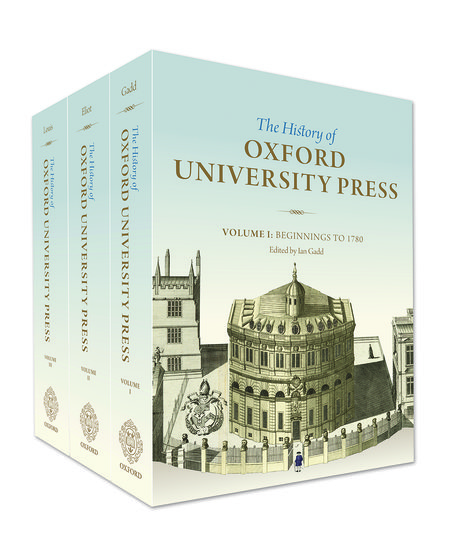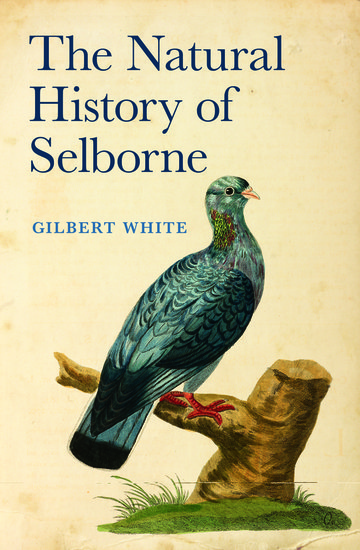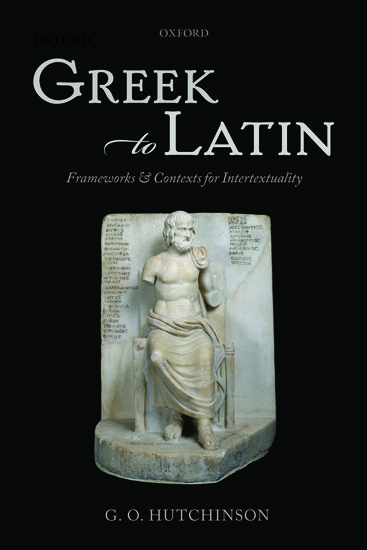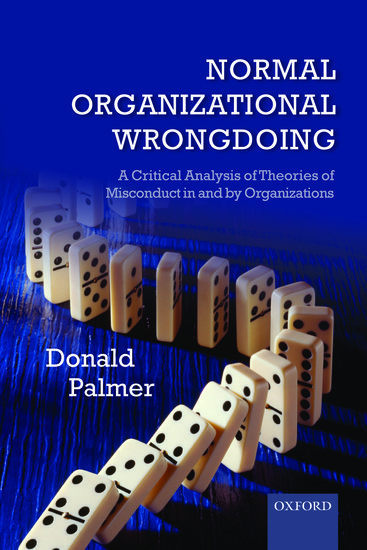Selfies and the history of self-portrait photography
Selfie – the Oxford Word of the Year for 2013 – is a neologism defined as “a photograph that one has taken of oneself, typically one taken with a smartphone or webcam and uploaded to a social media website”.










